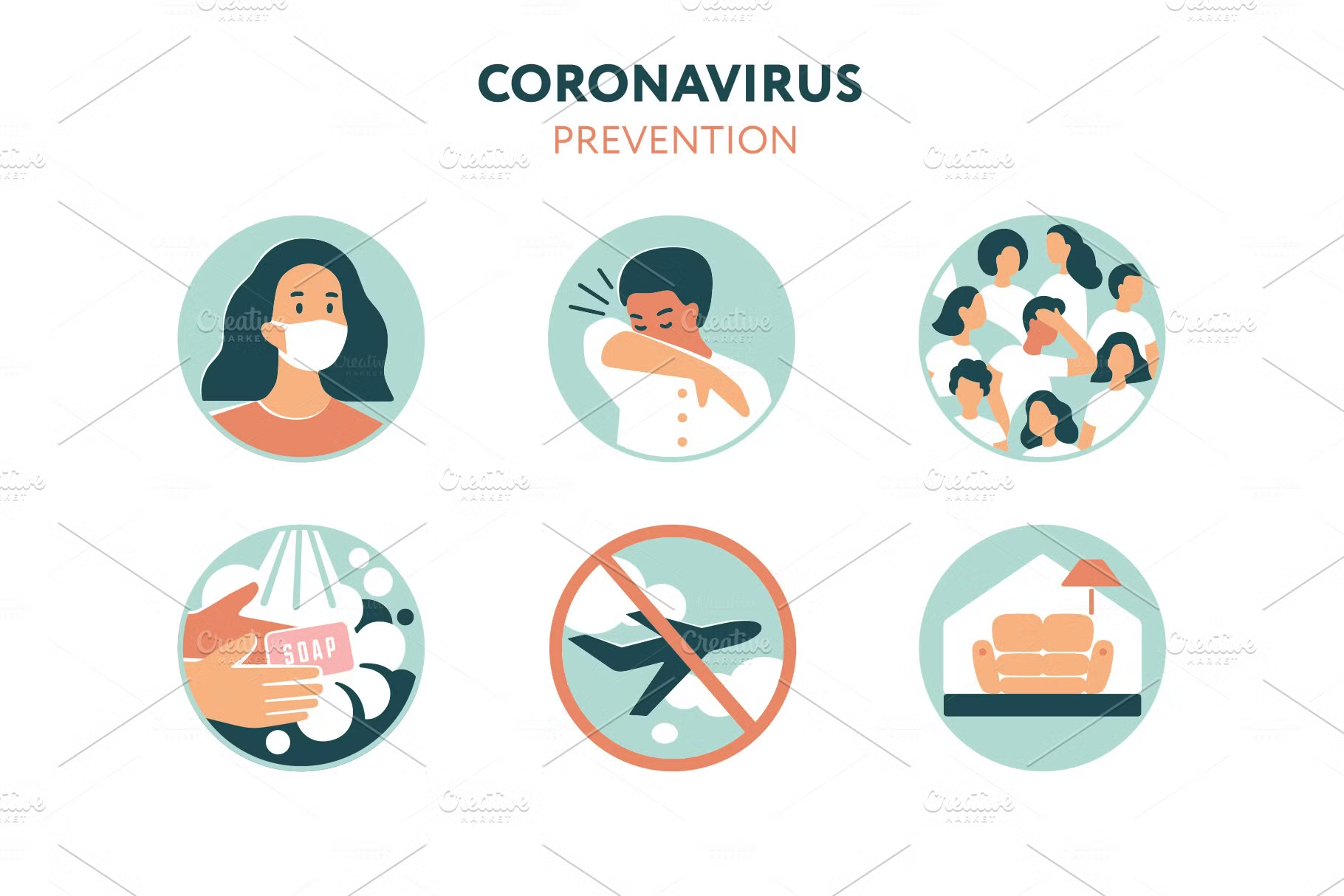J. Philippe Blankert, 23 February 2025 AI assisted
Government Responses: Necessary Measures or Overreach?
In the face of a fast-spreading deadly virus, governments worldwide imposed emergency measures – from lockdowns to travel bans – aiming to save lives. In many cases, these actions were unprecedented in scope, raising questions about overreach. Some leaders were accused of overreacting and using COVID-19 as a pretext to expand their power. For example, analysts noted that a number of populist governments “engaged in political maneuvering in the name of responding to the pandemic” – repressing opposition, violating civil rights, and usurping extra powers [https://www.hrw.org/news/2020/04/03/how-authoritarians-are-exploiting-covid-19-crisis-grab-power]. In Hungary, a controversial “Coronavirus Law” granted Prime Minister Viktor Orbán the right to rule by decree indefinitely (essentially suspending normal checks and balances) [https://www.theguardian.com/world/2020/mar/30/hungary-viktor-orban-rule-by-decree-coronavirus]. Similar concerns arose elsewhere: Philippines’ President Duterte claimed emergency powers to stifle “fake news,” Israel’s government suspended court proceedings amid a political showdown, and Russia used the crisis to ban protests and expand surveillance [https://www.reuters.com/article/us-health-coronavirus-philippines-idUSKBN21L0JQ] [https://www.bbc.com/news/world-europe-52052340] [https://www.bloomberg.com/news/articles/2020-04-03/how-russia-china-and-other-nations-are-restricting-freedoms-during-virus-crackdowns].
At the same time, defenders of strict measures argue that drastic steps were sometimes justified by the extreme public health emergency. International human rights law does permit temporary limits on freedoms during a national crisis – but only if they are truly necessary and proportionate [https://www.un.org/en/un-coronavirus-communications-team/un-urges-countries-avoid-overreach-security-measures-coronavirus]. The United Nations warned governments early on to “avoid overreach of security measures” in pandemic response and not to use emergency powers to quash dissent [https://www.amnesty.org/en/latest/news/2020/04/covid19-human-rights-need-protection-not-restrictions/]. The reality varied across countries. In many liberal democracies, COVID-19 states of emergency came with sunset clauses or legislative oversight, and leaders relinquished extra powers as the waves subsided. But in more authoritarian-leaning nations, the pandemic response sometimes blurred the line between genuine health policy and politically motivated power grab [https://www.hrw.org/news/2021/04/29/how-pandemic-used-restrict-civic-space-worldwide]. The challenge is striking a balance between enabling swift lifesaving interventions and safeguarding democratic norms.
Social Isolation and Mental Health Effects
Lockdown restrictions – while helping slow the virus – had a profound side effect: social isolation on a massive scale. Stay-at-home orders, school and business closures, and bans on gatherings meant millions of people were cut off from normal social interaction. This isolation contributed to an epidemic of loneliness and mental health struggles. Surveys in the UK found that 41% of adults felt lonelier after the lockdowns (up from 1 in 5 before the pandemic) [https://www.redcross.org.uk/about-us/what-we-do/action-on-loneliness/life-after-lockdown-tackling-loneliness]. Lack of face-to-face contact, combined with fear of the virus and economic stress, created a breeding ground for anxiety and depression.
Researchers are now measuring the psychological toll. Global prevalence of anxiety and depression increased by an estimated 25% in 2020 according to the World Health Organization [https://www.who.int/news/item/02-03-2022-covid-19-pandemic-triggers-25-increase-in-prevalence-of-anxiety-and-depression-worldwide]. In the United States, self-reported mental health issues spiked to levels six times higher than the prior year. One study found that by late 2020 about 50% of Americans had symptoms of anxiety and 44% had depression – vs. roughly 8% in 2019 [https://jamanetwork.com/journals/jama/fullarticle/2770146]. Young adults were hit especially hard, with over 60% reporting depression or anxiety during lockdown [https://www.cdc.gov/mmwr/volumes/69/wr/pdfs/mm6932a1-H.pdf].
Tragically, suicide and self-harm also appear to have increased in some regions – though the pattern is complex. In the very first phase of lockdowns, some countries did not see an immediate spike in suicide rates [https://www.bmj.com/content/372/bmj.n834]. But as the pandemic wore on, severe emotional strain and economic despair led to upticks in suicides in several places. For example:
- Japan – During the second wave (mid-2020), monthly suicide deaths rose by 16%, with a 37% surge among women [https://www.thelancet.com/journals/lancet/article/PIIS0140-6736(21)00147-7/fulltext].
- United States – After two years of pandemic life, 2021 saw 48,183 suicide deaths, a 4.7% increase from 2020 and the highest number since 2018 [https://www.cdc.gov/nchs/data/databriefs/db442.pdf].
- UK – Surveys in Britain noted increases in suicidal ideation during the spring 2020 lockdown, especially among young people and women [https://www.cambridge.org/core/journals/psychological-medicine/article/impact-of-covid19-on-suicidal-behaviours-in-the-uk-findings-from-two-prospective-population-based-cohort-studies/6C6EB8BA0D2B5B1F6A76D3927A6F30C3].
These statistics underscore the hidden cost of prolonged social confinement. Emergency hotlines saw call volumes jump, and clinicians warned of a “second pandemic” of mental illness. Many countries are now investing in mental health services to address this fallout. The lesson learned is that public health mandates must account not only for virus containment but also for the psychological well-being of the population. Future pandemic responses may need to include provisions to keep people connected and to provide mental health resources during quarantines.
Conclusion
The COVID-19 pandemic response was a monumental juggling act between saving lives and preserving quality of life. Some restrictions were undoubtedly effective and necessary – they prevented hospitals from collapsing and gave science time to develop vaccines. Yet, as we’ve seen, those same restrictions came with far-reaching costs: economic recession, educational setbacks, mental health crises, and in some cases, erosion of civil liberties.
Moving forward, health policy cannot ignore mental health, social connection, and human rights. A “healthier” society is not only one with fewer COVID deaths, but also one where people are not crushed by isolation, fear, and poverty. Striking this balance is an ethical and practical challenge. Future pandemic strategies must aim for responses that are both effective and proportionate – safeguarding both life and livability.

